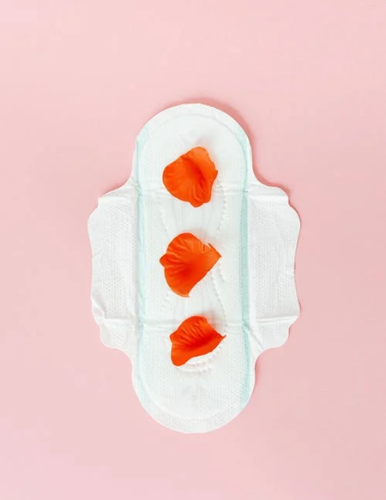Who is non-binary?
An individual who doesn’t conform with the gender assigned at birth and identifies neither as female nor male. Some non-binary or queer people prefer to use neutral pronouns such as ‘they’, ‘their’, and ‘them.’ (or less commonly referred to as - ze/hir/hirs or ey/em/eir)
Who is transgender?
An individual whose gender identity and expression differs from the one that is assigned at birth are considered to be part of the transgender community. They may or may not medically transition (female-to-male or male-to-female). Trans is an umbrella term for the community collectively.Not all women get periods and not everyone who bleeds is a woman. Period often causes both physical and psychological pain for trans and non-binary community as it may induce gender dysphoria.
What is gender dysphoria?
According to American Psychiatric Association, gender dysphoria is the psychological distress caused due to a mismatch between one’s sex assigned at birth and their identity.
Although it is a known that trans women (male-to-female transition) do not bleed, some individuals going through HRT (hormone replacement therapy) report to have experienced the symptoms of period, like: soreness, swelling in chest, nausea, hot flashes, dizziness and bloating. It seems to be a recurring cycle that lasts for 5 – 7 days.
How to support and build a safe space for trans individuals:
-
Gender neutral toilets: Men’s toilets are often not equipped for disposal. This may cause inconvenience for trans men discarding their napkins discreetly like the rest of us. Safety may also be an issue depending on how accepting the environment is.
-
Educate yourselves: Don’t always rely on your trans or non-binary friends to explain the community’s experience. It’s hard enough living through it, it’s not their responsibility to personally educate all their family members, friends, and coworkers about it.
-
Make sure you’re looking up credible website and resources.
-
Switch up your language, but also your attitude.
-
Comfort: Whether it’s chocolates, hot water or warmer hugs. Some kind gestures during period goes a long way.
-
Day off: If you have trans men working in your team, give them time away from work during their period too.
-
Ask them how you can help: It is crucial to understand that each person has their own experience. As much as educating yourself about a community is important, you need to understand that one’s own interests, needs and requirements will vary. Ask how they would like to be supported during their periods and in general.
-
Maintain boundaries: Not everybody is comfortable openly discussing their period, or gender dysmorphia, or their body. Even if your intention means well, don’t push for answers because of your curiosity. Take a step back and give them space if they need it.
Being an ally and supporting the community involves not only educating yourself and others, but being aware that your speech, actions and attitude affect them. While you can get a break from this, they can’t. It will help being patient, and sensitive in your approach. Don’t hesitate to keep learning, and growing.



